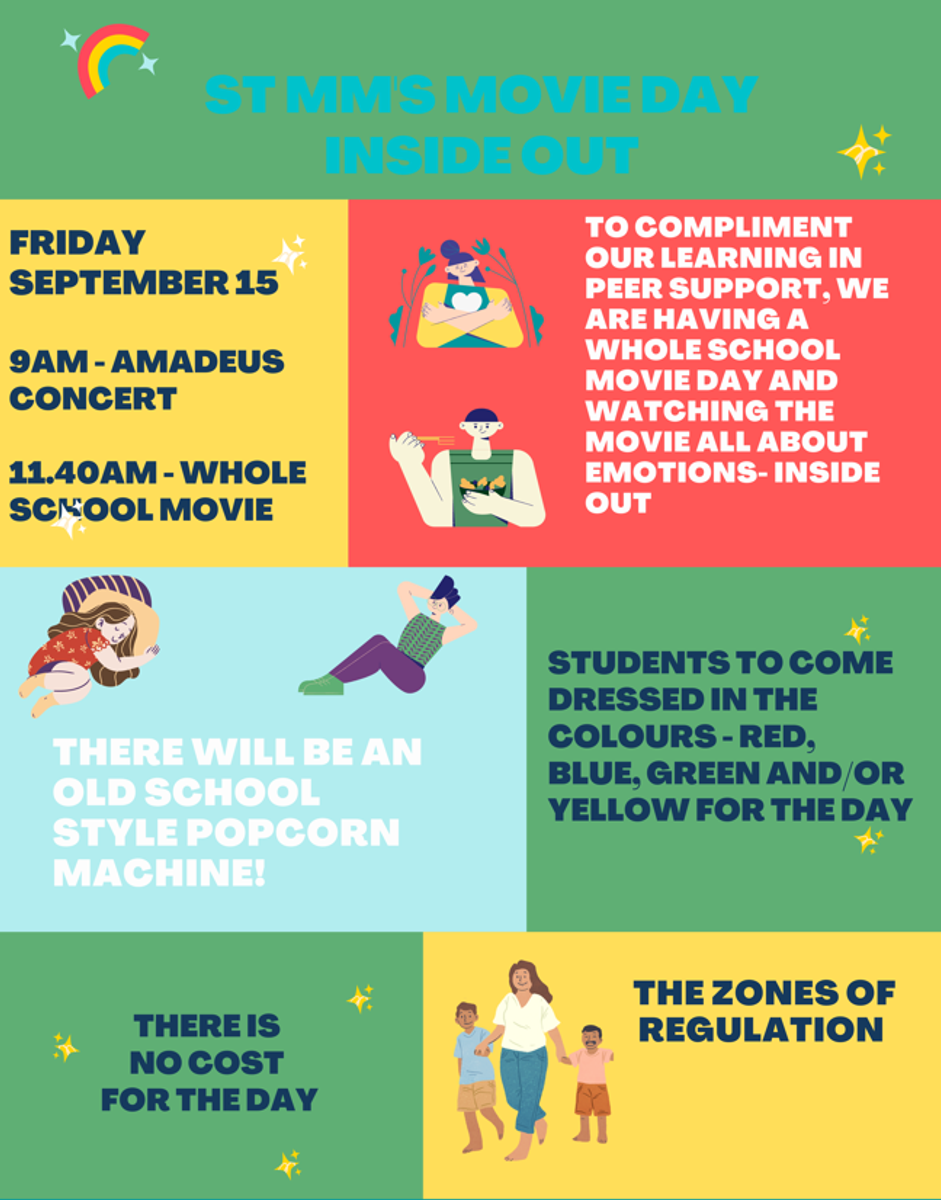Assistant Principal
Danielle Frost

Assistant Principal
Danielle Frost


Whole School Peer Support
Over the past few weeks, I have been working with Stage 3 in preparation for them to lead our whole school peer support program in Weeks 9 and 10. This year the peer support program is based around 'The Zones of Regulation' which is an internationally renowned intervention that helps children to manage difficult emotions, known as ‘self-regulation’. Self-regulation can go by many names such as ‘self-control’, ‘impulse management’ and ‘self-management’. Self-regulation is best described as the best state of alertness for a situation. For example, when your child takes part in a sports game, they would need to have a higher state of alertness than when, for example, they were working in a library. From time to time, all of us (including adults) find it hard to manage strong feelings such as worry, anger, restlessness, fear or tiredness, and this stops us from getting on with our day effectively. Children who feel these emotions often find it hard to learn and concentrate in school. The Zones of Regulation aims to teach children strategies to help them cope with these feelings so they can get back to feeling calm and ready to learn. These coping strategies are called ‘self-regulation’. In the classroom, sometimes children panic when faced with a tricky learning problem or challenge. By teaching them how to cope with these feelings might make them better at tackling learning challenges and build better resilience so they don’t give up so easily when faced with difficulty. I look forward to watching our Stage 3 leaders lead the younger students in Weeks 9 and 10.
Money Matters
In an increasingly digital world of “tapping” and Apple Pay, I have been reflecting upon the impact of children’s experiences with money - notes and coins. Introducing primary aged children to the concept of money is an important step in their financial education. Below are some easy yet effective ways that you could build your child’s knowledge of money to develop their conceptual understanding -
1. Show and Tell: Use real coins and notes to demonstrate the different denominations. Explain the value of each coin and note, and let your children handle them. This tangible experience helps them grasp the basic concept of money.
2. Play Money Games: Engage in fun activities like playing "store" where your child pretends to be the shopkeeper or customer. This game encourages them to use money, make simple transactions, and even practise basic maths skills.
3. Allowance Education: Consider giving your child a small weekly allowance. Discuss the concept of earning money through chores and tasks. This provides an opportunity to learn about saving, spending, and budgeting first-hand.
4. Savings Jars: Label three jars as "Saving," "Spending," and "Sharing." When your child receives money as a gift or allowance, guide them to allocate a portion to each jar. This teaches them about managing money for different purposes.
5. Shopping Involvement: When shopping, involve your child by having them help you compare prices, make decisions, and pay for small items. This hands-on experience fosters an understanding of the value of money.

